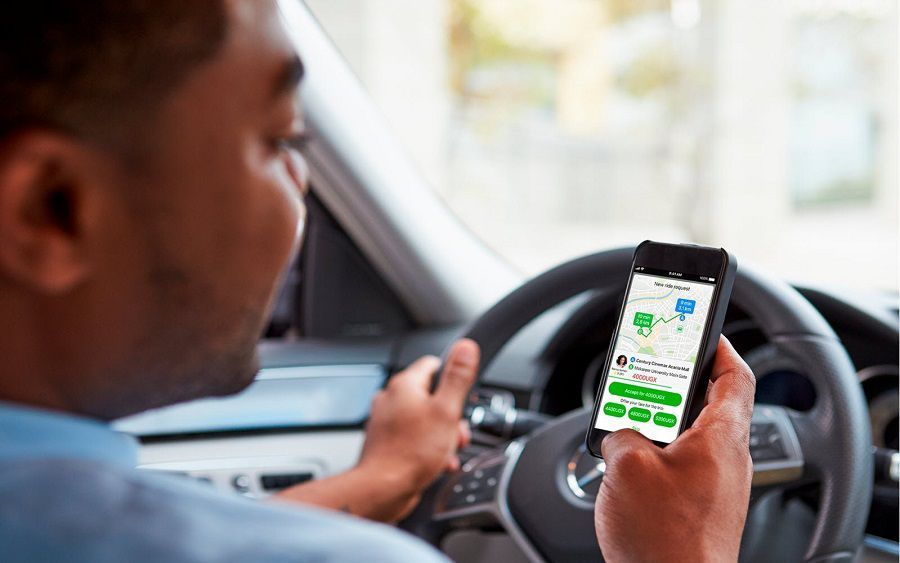
The Amalgamated Union of App-based Transporters of Nigeria (AUATON), an umbrella body for e-hailing drivers in Nigeria on Sunday called for a national framework to regulate the business.
The South-West Vice-President of AUATON, Mr Kolawole Aina, made this appeal in an interview with the News Agency of Nigeria (NAN) in Lagos.
Aina said that e-hailing drivers under its platform included Uber, Bolt, and Indrive, among others.
He said that a Federal Government regulatory framework that would supersede regulations by any of the states had been a long-term goal of the union.
A regulatory framework is a set of rules, regulations, and laws that govern the operations and conduct of a particular industry or sector.
The AUATON vice-president noted that the e-hailing drivers were currently in 26 states across the nation, including the Federal Capital Territory.
According to Aina, about 15 or 17 of these states have regulatory frameworks at their own discretion and it has never favoured drivers of e-hailing rides.
“So, we as a national union are looking at a national or a federal regulatory framework that will actually centre around all the stakeholders.
“All the stakeholders including the government, the app company, the drivers, and even the passengers will have their activities in relation to e-hailing rides regulated.
“It is only the drivers that think about how the states and the app companies are going to make money, and at the end of it, the drivers and riders bear all the burden,’’ he said.
According to him, the national framework will help all stakeholders to benefit and reduce the multiple taxation imposed on drivers.
Aina explained that the demand for a national regulatory framework was the reason behind the conference hosted by AUATON in 2024.
He said that it would host another conference in 2025 bringing stakeholders together to discuss the national regulatory framework.
Aina said: “A national regulatory framework can also reduce the rate of kidnapping of our drivers, especially if profiling of passengers is introduced the same way drivers are profiled.
“One of the challenges we face is that we have not found government approachable to listen to our demands.
“We are taxpayers and contribute to the economy, so we need to be listened to.’’
The vice president, however, called for better relationships between the app companies, governments and drivers for seamless business operations in the country.